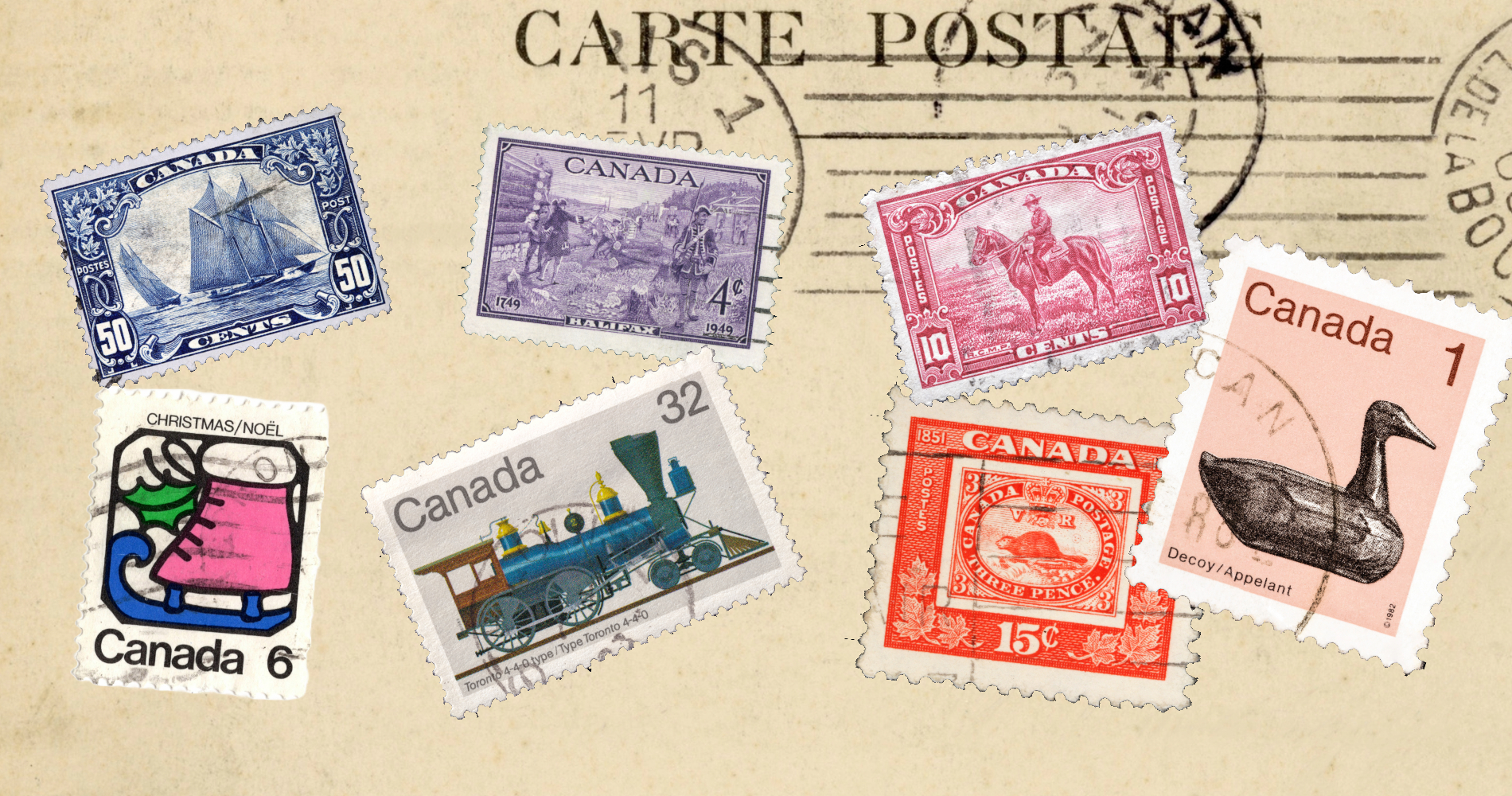Public Services & Privatization
Our publications are available to all at no cost. Please support the CCPA and help make important research and ideas available to everyone. Make a donation today.
-

A stiff price to pay: Predicting federal job losses due to Carney’s cuts
The newly elected federal government has promised major military spending increases and tax cuts. To pay for it, the government is seeking 15 per cent…
-

Canada should build public cloud infrastructure rather than relying on U.S. tech giants
During the 2025 election campaign, prime minister Mark Carney made a striking admission about Canada’s dependence on U.S. tech companies. The Canadian government was in…
-

Canada Post is a vital Canadian institution—why doesn’t the government act that way?
On May 23, Canada Post workers once again entered a legal strike position. The Canadian Union of Postal Workers (CUPW) had previously been on strike…
-

Canada desperately needs a public insulin manufacturer again
Insulin was discovered by four Canadians, who famously sold the patent for $1 each to the University of Toronto—enabling the public manufacture of the new…
-

Ontario has the lowest levels of well-being of any Canadian province
Provincial elections are coming in Ontario on February 27, and so far the public debate has overwhelmingly focused on the threat of tariffs from the…
-

Saskatchewan residents love their libraries. Policymakers should too.
Public libraries continue to be a treasured public space and resource for residents of Regina and Saskatoon. Far too often, policymakers who may not actually…
-

Why Canada Post workers are on strike
On the morning of November 15, 55,000 postal workers—members of the Canadian Union of Postal Workers (CUPW)— walked off the job. It’s the latest in…
-

Biggest attraction in Toronto? Taylor Swift has a quiet competitor, new report shows
TORONTO—When it comes to attracting fans in Toronto, only one performer comes close to Taylor Swift: the Toronto Public Library.
-

Time to End Tax Cuts and Invest in Public Services
The cumulative impact of decades of regressive tax cuts has created the severe social, economic, and environmental problems seen daily in Manitoba. Tax cuts are…
-

Not just a train, and certainly not Mayan
Among the many Indigenous struggles taking place throughout North America, the high-profile resistance to a flagship project of the Mexican government shows how transnational alliances…
-

New book tracks how neoliberalism gutted Canada’s social services
Our content is fiercely open source and we never paywall our website. The support of our community makes this possible.
Updates from the CCPA
Read the latest research, analysis and commentary on issues that matter to you.
CCPA Updates